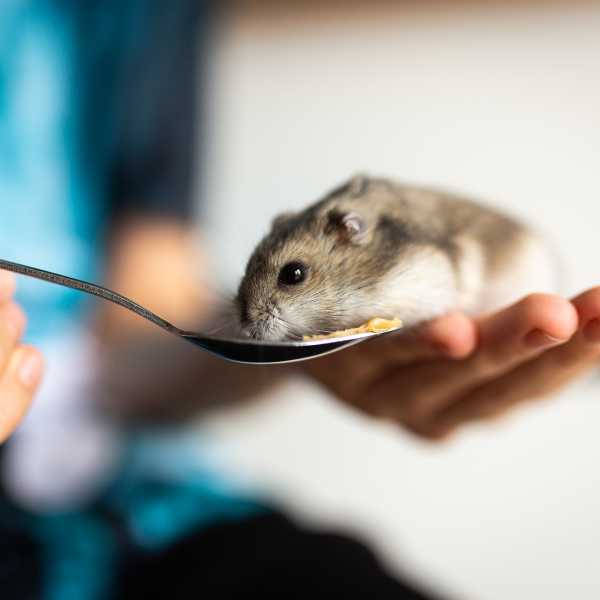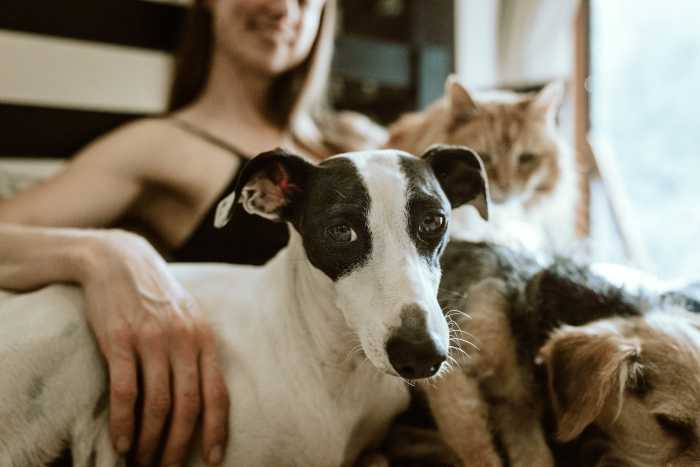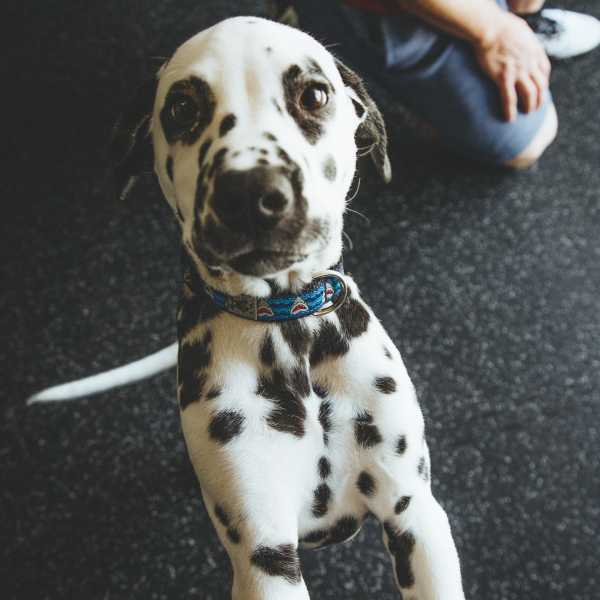
Looking after senior pets – top tips for homesitters
Posted on 21 March, 2023

Photo by Chewy on Unsplash
Cats and dogs are the most common types of pets that our homesitters take care of. Many will be tasked with looking after older cats and dogs as owners often prefer their furry friends to remain in their own home when they go away.
But do routines need to change and what advice can we offer our homesitters when they look after older pets?
Pet lifespans can vary enormously but cats are usually classed as being senior from the age of 11, whereas for dogs they are generally classed as old when they reach seven – although this does depend on the size of the dog.
Larger breeds tend to have shorter life spans so will be considered elderly a bit earlier. According to the Healthy Pet Club as a quick rule of thumb, dogs can be considered ‘senior’ at the following ages:
- 5-8 years of age for very large / giant dogs
- 7-10 years of age for medium-sized dogs
- 9-12 years of age for small dogs
As well as lifespans varying, the health of a pet will vary too depending on a whole range of factors from genetics to lifestyle, just like humans.
One of the most important parts of the service we offer is the preliminary meeting that all homesitters have with their clients. This is the time when they are fully briefed on the home and the pet they will be looking after.
This includes going through their usual routines for feeding, walking and grooming, any special needs they may have and also for the homesitter to meet the pet so they are not a stranger when they arrive for the assignment.
Part of this introduction meeting may include running through any medication the pet is on and whether any trips to the vet might be needed during the assignment. Many of our homesitters are experienced giving medication and some are confident giving injections where needed too.
This of course isn’t just associated with older pets; younger ones too may have health needs that require medication. Its important homesitters ask lots of questions and take notes at this meeting to ensure they are fully prepared.
Here are some additional tips worth bearing in mind when taking care of an older cat or dog:
- The dog or cat might be deaf so remember they may not respond to voice calls. It’s important that homesitters regularly check where they are in the house to ensure they are OK, especially after arriving back after being out for a few hours as they may not hear you come in.
- Older pets also may not see too well or be blind. Be mindful of this and ensure to keep food, water bowls and beds in the same place and try to make a bit of sound if entering a room so they know you are there.
- With dogs use common sense on a walk and if they look tired take them home. Exercise needs will have been discussed so stick with what the owner says and don’t be tempted to walk too far.
- Ensure you don’t get lost when taking an elderly dog out. This can easily happen in a new location but an older dog may struggle if they are kept out too long whilst you are trying to find the way back to the car or home.
- Take water and a disposable dog bowl out with you on a dog walk, especially in the summer. Older dogs can become thirsty quicker and most tend to drink more than a younger dog.
- Let sleeping dogs (and cats) lie. Older pets sleep much more and sleep is often deeper, meaning they are less likely to be disturbed by you coming in the room/house. Unless it’s absolutely necessary don’t try to wake them up by touching them. This could cause a dog to snap if it’s surprised, but can be a shock for either a dog or cat. Instead just potter around in the room and they will likely stir after a while if they hear or smell something.
- Let dogs out in the garden regularly to go to the toilet. Older dogs may not have as much control as they did when they were younger so more frequent toilet sessions reduce the chance of accidents in the house.
- Look out for any signs that the pet could be poorly and know what normal behaviour is. Not eating and drinking are classic signs they feel unwell, but being more lethargic than usual, struggling to go to the toilet and in dogs having pale gums or panting at rest can also be a sign something isn’t quite right. If concerned call the vet for advice.
- Finally older cats and dogs love a bit of quiet time being gently stroked. It can be really soothing and relaxing for them and homesitters should make a point of giving them lots of strokes and cuddles during the day to reassure them whilst their owners are away. This is one of the best parts of the job for our homesitters!
Want to become a homesitter and look after all types of pets of various ages? To find out more please visit: www.homesitters.co.uk/become-a-sitter/
Tags:



